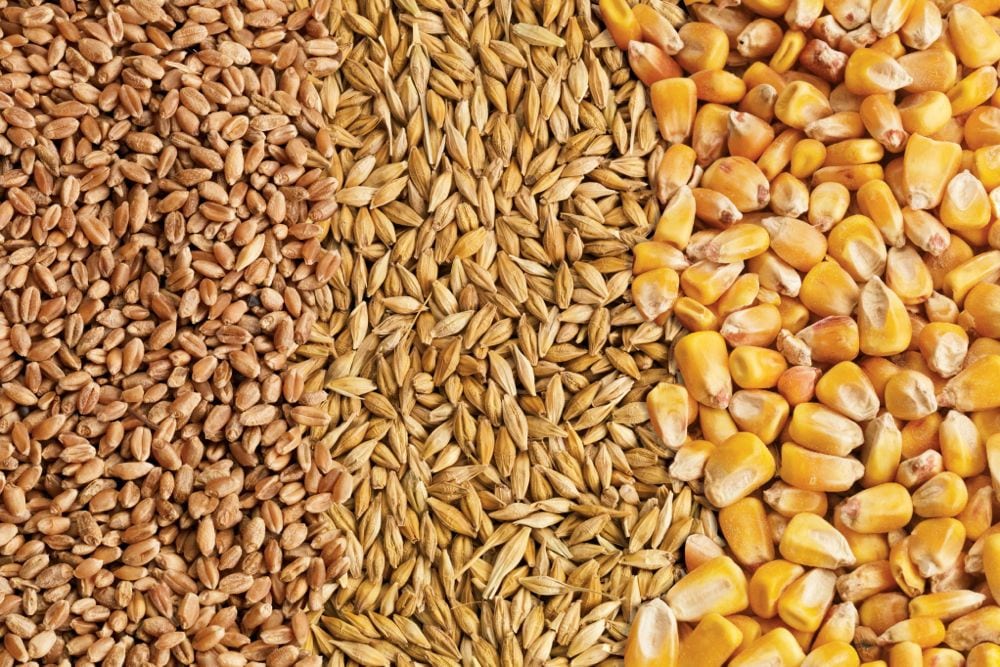Prime Minister Stephen Harper said Sunday that the structure of Glencore’s $6.1 billion deal to buy No. 1 Canadian grain handler Viterra means it should not necessarily be seen as a full foreign takeover.
Harper’s comments come as the Canadian government and regulators begin reviewing the offer by Swiss-based Glencore, already the world’s No. 1 commodities trader. Glencore plans to acquire Viterra and then sell off some parts to Canada’s Richardson International and Agrium.
"My understanding of the deal is that many of the assets will actually remain in Canadian hands, so I’m not sure it really would be categorized at this point as primarily a foreign investment," he told reporters during his official visit to Japan, according to a transcript provided by his office.
Read Also

Feed Grains Weekly: Price likely to keep stepping back
As the harvest in southern Alberta presses on, a broker said that is one of the factors pulling feed prices lower in the region. Darcy Haley, vice-president of Ag Value Brokers in Lethbridge, added that lower cattle numbers in feedlots, plentiful amounts of grass for cattle to graze and a lacklustre export market also weighed on feed prices.
"I think the most important thing is that it does show with the reforms we’re making to the grain sector how much interest there is now in the expansion of the grain sector and the agricultural sector in Canada, and I think that’s a tremendously good thing."
In 2010, Ottawa blocked a hostile bid by Anglo-American miner BHP Billiton for Saskatoon-based PotashCorp, the world’s largest fertilizer maker, stirring concern about whether the government will allow Viterra to fall under foreign control.
But analysts have said structuring the deal to sell the majority of Viterra’s Canadian assets and some others to closely-held Richardson and Agrium for roughly $2.6 billion in cash should allay concerns that Ottawa could block it on national sovereignty or competition grounds.
The Glencore-Viterra deal comes after the pro-markets Conservative government led by Harper ended a long-running monopoly by the Canadian Wheat Board on marketing western Canadian wheat and barley.
















